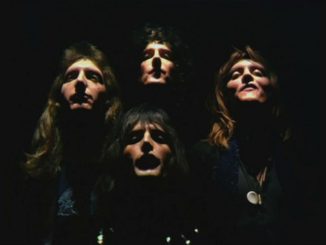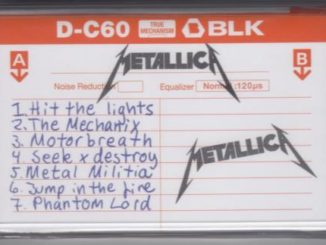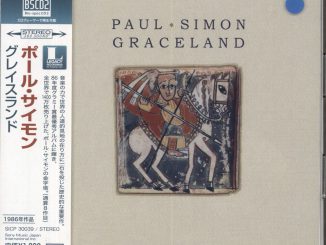From Helen Pidd at the Guardian
The under-appreciated electronic music pioneer behind the Doctor Who theme is to be honoured posthumously with a doctorate from her hometown university as the programme gears up for the debut of its first female lead.
Largely ignored in life and barred from working in studios because she was a woman, Delia Derbyshire, will be awarded an honorary PhD from Coventry University on Monday.
Mostly unknown and uncredited during her lifetime, she created a new wave of sounds and arrangements in music during the 1960s and 70s, and paved the way for more women to work in the music production business.
Born in Coventry in 1937, Derbyshire’s unique sonic palette was shaped by sounds of the Blitz and the air raid sirens that surrounded her as a child. Highly academic, she won a scholarship to study maths and music at the University of Cambridge, where she immersed herself in sound.
After graduating, Derbyshire struggled in what was predominantly a man’s industry, being told by Decca Records that it did not employ women in its studios. She turned to teaching but refused to give up and eventually found work as a trainee studio manager at the BBC.
It was here, in 1962 that she gained access to the experimental Radiophonic Workshop, developing an entirely new type of music by playing notes on tape and then speeding them up or slowing them down.. She went on to transform a written score by Ron Grainer for a new TV series, Doctor Who, into an iconic piece of electronic music.
Due to BBC policies at the time, Grainer – unwillingly – is still officially credited as the sole writer.
Derbyshire stayed at the workshop for 10 years, recording sound for Inventions for Radio and Cyprian Queen – all in the days before modern synthesisers and machines. She was later approached by Paul McCartney to work on a backing track for the Beatles hit Yesterday.
But despite her talent and credit from her peers, Delia failed to gain widespread recognition during her lifetime, eventually becoming disillusioned with the industry and finding work as a radio operator in Cumbria. She later worked in a museum in the area, before taking up a position in a bookshop in Northampton where she met her partner, Clive Blackburn.
She died aged 64 in 2001, and has since been widely acknowledged as a pioneer in electronic music, having inspired the likes of the Chemical Brothers and Sonic Boom.
Blackburn, Derbyshire’s partner of 21 years, said: “Delia would be really excited by the developments in electronic music. Digital technology is finally catching up with what she managed to achieve manually in the 1960s using the most rudimentary of equipment.”
Coventry University will launch a series of school workshops in Derbyshire’s name on Friday to try to inspire a new generation of children – especially girls – to pursue maths and music. Linked to a touring play about her life, Hymns for Robots by Noctium Theatre, the partnership project will share the story of Derbyshire and her creations at the BBC Radiophonic Workshop
eil.com – the world’s best online store for rare, collectable and out of print Vinyl Records, CDs & Music memorabilia since 1987




Be the first to comment